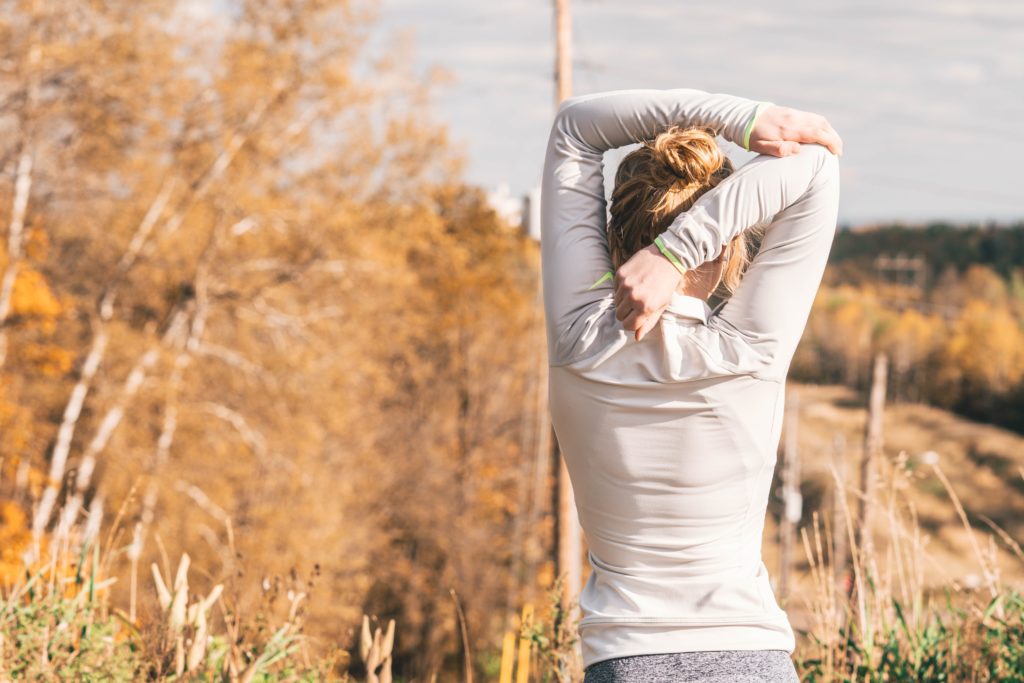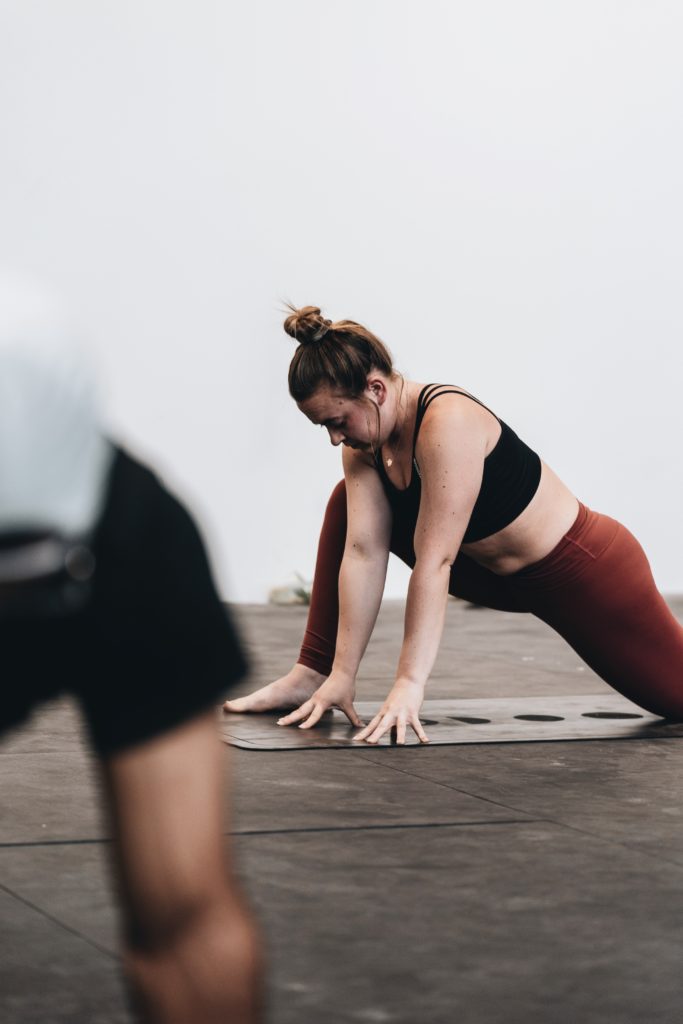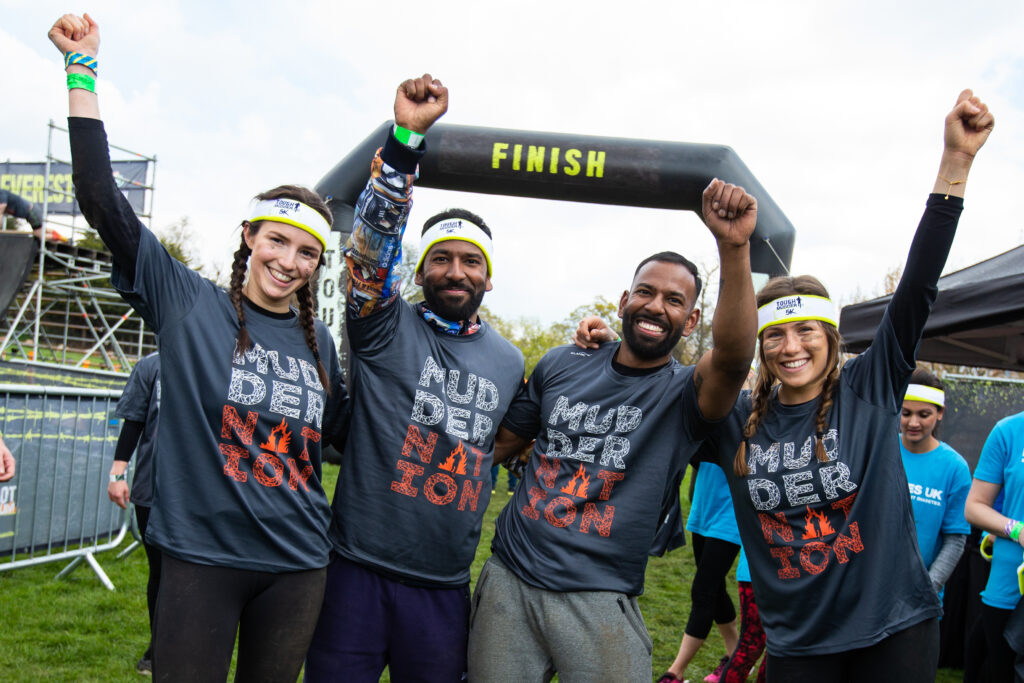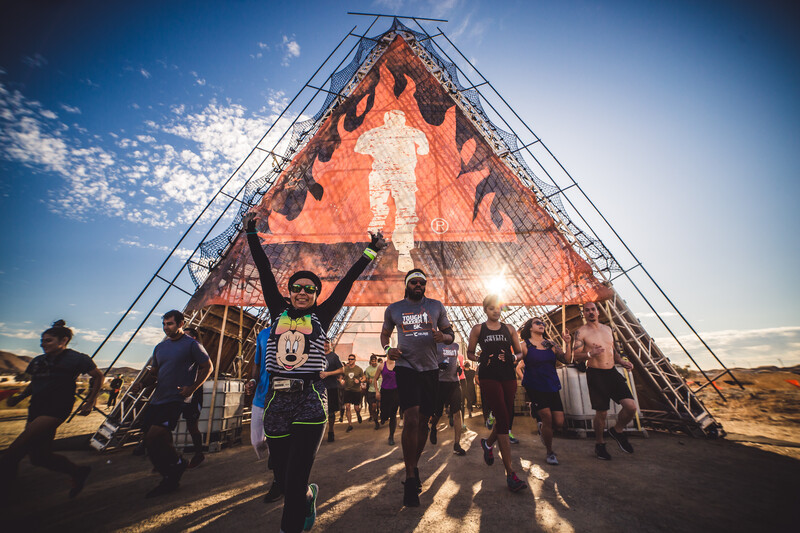After you’ve been training, sweated through burpees and push-ups, cranked out your intervals, finished up your long run, and put the weights back in the rack, it’s time to get home, right? While it might be tempting to finish your workout and head home, taking a few minutes to cool down can make all the difference between healthy, strong, and fit—and injured.
Few of us need the motivation to train, especially when we have a goal in sight like a Tough Mudder, Toughest Mudder, or World’s Toughest Mudder. Unfortunately, most of us have trouble with the less than exciting parts of training, like the cool down.
The goal of a cool down is to keep the blood flowing post-workout. You’ve just put pressure on your body, including the muscles, fascias, ligaments, joints, tendons, and nerves, and going from 8 x 800 meter runs or a 1 rep max for the deadlift this can be a recipe for disaster if you don’t cool down.
Add on 10-15 extra minutes to make sure your body performs (and recovers) as best as it can by following this routine, courtesy of Nickademus de la Rosa, owner of Lucky 13 Endurance Coaching.
1. Cool Down Jog
Following your workout, take five minutes to jog. This should be a truly easy effort, and slow enough where you could maintain a full conversation. Use this time to focus on good form, (if you’re running, for example, think about landing under your center of mass to avoid overstriding and heel striking), but keep it relaxed. Your heart rate should be decreasing, not increasing, here.
2. Walk and Breathe
Now take five minutes to walk, focusing on deep breathing. Bettering your breathing habits can actually improve your performance by increasing your efficiency. Take a deep breath and notice your shoulders. Did they move up and down? If so, you’re likely breathing wrong. Instead, breathe through your diaphragm. Don’t know where it is? You’ll be able to feel it moving up and down as you breathe if you place a hand on your stomach.
Then, when you feel comfortable try alternate-nostril breathing. It might look strange, but you’ll quickly come to take better notice of your breath. Start by covering your left nostril. Inhale through your right nostril, then close the right, open the left, and exhale through your left nostril. Repeat so that you inhale through your left nostril, close it, open the right, and exhale through your first nostril. Try a few rounds of this as you walk, then notice any changes in how you feel. Don’t expect to put this practice to the test during a Tough Mudder, but for those nervous before the start or looking to calm down post-event, alternate-nostril breathing can be a helpful addition.
3. Go Through Some Movements
It might seem counter intuitive to go through exercises as part of a cool down, but flowing through a few full body movements can actually help you cool. The goal isn’t to go through a second workout, but to work through any potential issues with your movement patterns.
Perform a squat, hanging out at the bottom for at least one minute. Use it as a diagnostic test for anything that might be going wrong: do you feel your glutes firing? Are your hips locked up? If so, take a few minutes to perform 10 basic air squats with good form, ensuring that you activate your glutes as you move downwards, drive your knees outward, and avoid extending your knees over your feet.
Next, take 10 walking lunges on each leg, keeping in mind that your knees should next extend past your feet here either. Following this, move onto a yoga mat to perform two terrific exercises for working your core and stretching your lower back:
Dead bugs
Lying on your back, place your hands in the air and your feet, bent at 90°, in the air as well. Contract your core and slowly lower your right arm above your head, simultaneously lowering your left leg. Now bring up your right arm and left leg to the beginning position; now lower your left arm and right leg. Perform 10 repetitions on each side.
Cat-cow
Taking all fours, slowly round your back, simultaneously hollowing your core, to look like a stretching cat.. Breathe in. Now breathe out, raising your head up and stretching your lower back into cow pose. Repeat 10 times.
4. Foam Roll
Spend your remaining time working through any areas that need lengthening. (For example, says Nickademus, “I know for a fact that my hip flexors get tight, so I would spend some time working on those.”) Use a foam roller, lacrosse ball, or even tennis ball on muscles that feel knotted up. Nickademus recommends laying on a lacrosse ball and applying pressure to the affected area until you feel it loosen. “Working around the affected area can be a good way to fix sore spots, especially if they’re still tight to the touch. Once the areas around the affected area are loose, gradually move closer and closer to the sore spot.”
5. Move Like a Mudder
Just because the workout is done doesn’t mean that you can stop moving. Nickademus recommends that his athletes frequently change up their positions at work, (whether that’s from sitting to standing, or walking around to balancing on one foot) and move as much as they can during the day. Breaking up your morning work with a few sets of push-ups or air squats adds up, as does taking the stairs, walking rather than driving, and meeting your friends for a bike ride or run rather than hanging out at the pub (though we won’t judge you if your workout then enjoy a beer with friends.)
Not got a ticket to your next event? Get your Tough Mudder ticket for today and get muddy.




